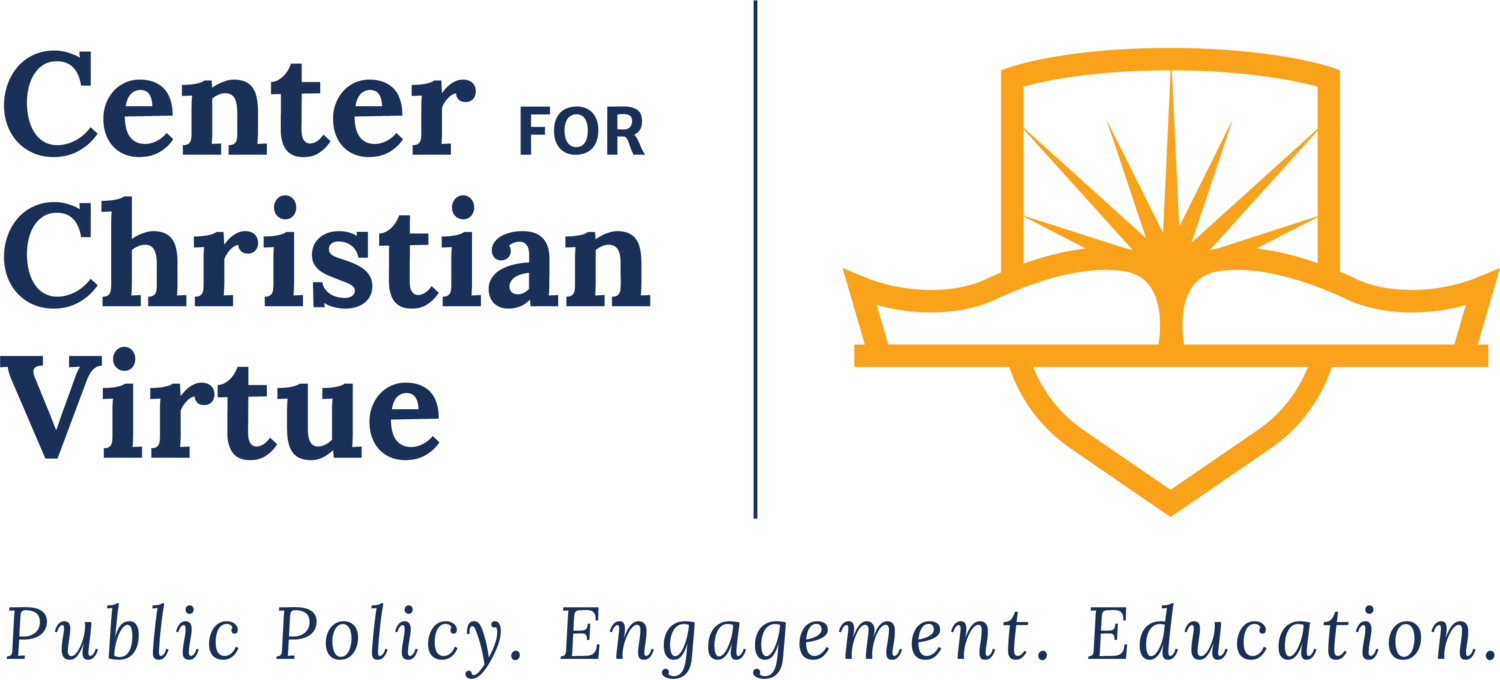Nation’s Report Card Highlights Need for School Choice
Testing scores plummet following extended school closures and remote learning
The first post-pandemic scores from the National Assessment of Educational Progress (NAEP) were released this week, and the results show a catastrophic level of learning loss among our nation’s elementary and secondary students compared to 2019 scores. Public school students precipitously declined in all four categories: 4th grade reading, 4th grade math, 8th grade reading, and 8th grade math. This unprecedented drop in performance highlights the devastating effects that school closures and remote instruction, often lasting a year or more, had on students.
Nationwide, reading test scores dropped three points compared to 2019 in both 4th grade and 8th grade. Math scores fared even worse, dropping by five points for 4th graders and eight points for 8th graders. In Ohio, 8th grade scores dropped five points in reading and ten points in math. These scores mean that only one in four American 8th graders are proficient in math and fewer than one in three are proficient in reading.
The complete report card is available to view here.
“A one- to two-point drop would be considered statistically significant and would be a very troubling sign for students,” said Troy McIntosh, Executive Director of the Ohio Christian Education Network. “The actual three- to ten-point drop in scores of Ohio’s students indicates a catastrophic learning loss from COVID closures that will have long-term negative effects on their future academic growth.”
One bright spot in the report was the performance of the only private school group to participate in the assessment. Catholic schools held steady or improved in three of the four categories, with only a slight decline in the other. These schools, like most other private schools, largely remained open for in-person instruction while significant numbers of public schools forced their students to learn remotely.
“While parents in public schools were pleading for their children to return to school rather than endure long periods of remote instruction, private and faith-based schools throughout the state responded by providing safe and vital in-person instruction to their students," McIntosh continued. “The NAEP data confirms that they made the right decision. Parents should never again be forced to accept only a single option for educating their children. The time has come for Ohio to pass the Backpack Bill and empower parents to make schooling decisions in their child’s best interest.”
HB290, also known as the Backpack Bill, would provide educational freedom to every student in the state by granting them an Educational Savings Account ranging from $5,500 to $7,500 for use at any private or home school. More details about the bill and the benefits of educational freedom can be found at BackpackBill.com.
For more information, contact CCV at 513-733-5775 or info@ccv.org.
As Ohio’s largest Christian public policy organization, Center for Christian Virtue seeks the good of our neighbors by advocating for public policy that reflects the truth of the Gospel.
###

